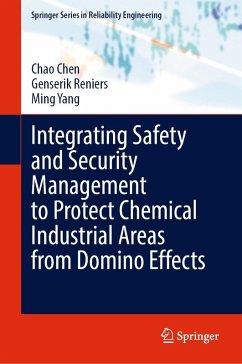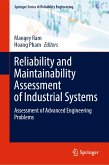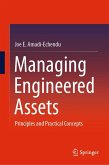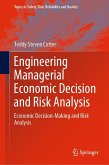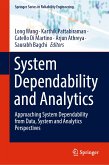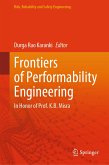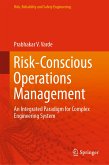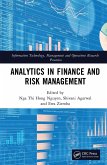Firstly, the book provides a dynamic graph approach to model the domino effects induced by accidental fire or intentional fire, considering the spatial-temporal evolution of fires. Then, a dynamic risk assessment method based on a discrete dynamic event tree is proposed to assess the likelihood of VCEs and the vulnerability of installations, addressing the time dependencies in vapor cloud dispersion and the uncertainty of delayed ignitions. A dynamic methodology based on dynamic graphs and Monte Carlois provided to assess the vulnerability of individuals and installations exposed to multi-hazards, such as fire, explosion and toxic release during escalation events. Based on these domino effect models, an economic approach is developed to integrate safe and security resources, obtaining the most cost-benefit protection strategy for preventing domino effects. Finally, a resilience-based approach is provided to find out the most cost-resilient way to protect chemical industrial areas, addressing possible domino effects.
This integrated approach will be of interest to researchers, industrial engineers, chemical engineers and safety managers and will help professionals to new solutions in the area of safety and security.
Dieser Download kann aus rechtlichen Gründen nur mit Rechnungsadresse in A, B, BG, CY, CZ, D, DK, EW, E, FIN, F, GR, HR, H, IRL, I, LT, L, LR, M, NL, PL, P, R, S, SLO, SK ausgeliefert werden.
Hinweis: Dieser Artikel kann nur an eine deutsche Lieferadresse ausgeliefert werden.

